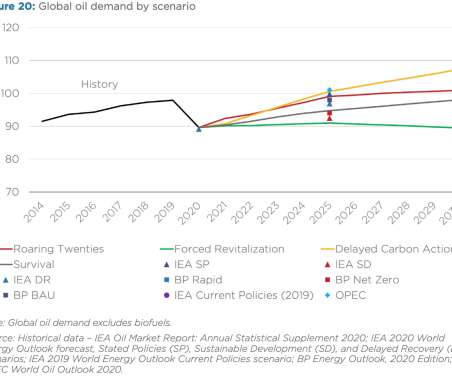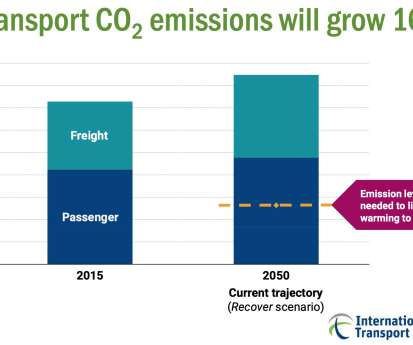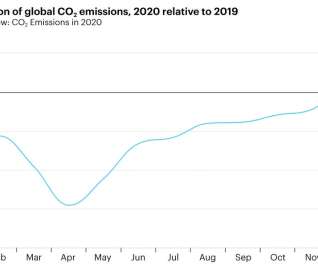Study finds global oil demand likely to grow despite pandemic, climate policies
Green Car Congress
JULY 13, 2021
Only under the final scenario—named “Forced Revitalization”—in which the pandemic’s disruptive impact to the global economy and mobility combined with strong government intervention to accelerate alternative technologies did oil demand decline after 2025. Lines represent global oil demand by study scenario.
































Let's personalize your content